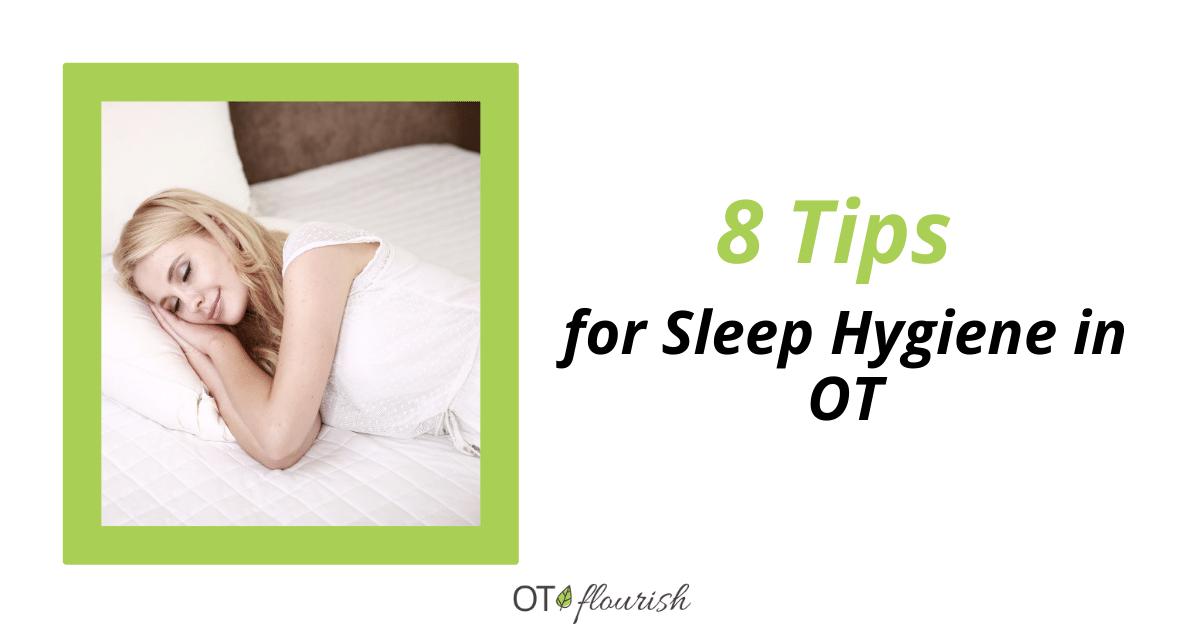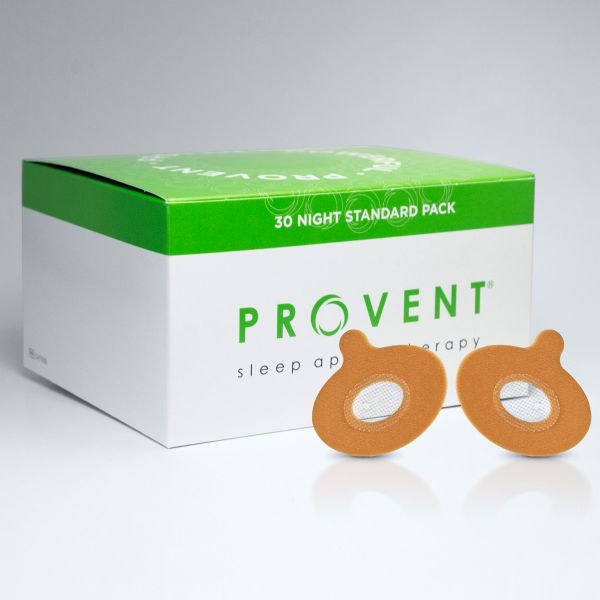Effective Therapy Solutions for Managing Rest Disorders and Enhancing Relaxing Rest
In the realm of health care, the management of sleep disorders and the pursuit for relaxing sleep are crucial elements of general well-being. Efficient therapy solutions offer a complex approach to deal with these obstacles, varying from cognitive behavior treatments to holistic practices that promote leisure and mindfulness. The exploration of different strategies, including the integration of drug and light treatment, opens up a realm of opportunities in the pursuit of far better sleep quality. As we navigate the intricate landscape of sleep disorders and look for to improve our sleep experience, a much deeper understanding of these treatment remedies may hold the secret to opening a much more rejuvenating and meeting corrective journey.
Cognitive Behavior Treatment for Sleeping Disorders (CBT-I)
Cognitive Behavior Modification for Sleeping Disorders (CBT-I) is a structured, evidence-based therapy strategy that concentrates on dealing with the underlying aspects contributing to sleep disturbances. This type of treatment intends to change habits and thoughts that exacerbate insomnia, inevitably advertising healthy sleep patterns. CBT-I commonly entails a number of key components, consisting of cognitive therapy, rest constraint, stimulation control, and sleep health education.
Cognitive therapy aids individuals identify and transform negative thought patterns and ideas about sleep that might be impeding their ability to drop or stay asleep. Rest constraint involves restricting the amount of time spent in bed to match the person's actual rest duration, thus increasing sleep effectiveness (sleep deprivation help). Stimulation control strategies aid establish a strong association in between the bed and rest by urging individuals to head to bed just when sleepy and to avoid engaging in stimulating tasks in bed
In addition, rest health education concentrates on developing healthy sleep practices, such as keeping a constant sleep timetable, developing a relaxing bedtime regimen, and enhancing the rest atmosphere. By addressing these elements adequately, CBT-I supplies an effective non-pharmacological intervention for handling sleeplessness and improving total sleep top quality.
Sleep Hygiene Practices
Having actually developed the foundation of cognitive restructuring and behavioral modifications in resolving sleeping disorders through Cognitive Behavioral Treatment for Insomnia (CBT-I), the emphasis now changes in the direction of exploring vital Rest Health Practices for keeping optimal rest quality and overall wellness.
Rest hygiene methods include an array of routines and environmental variables that can substantially impact one's capacity to drop off to sleep and remain asleep throughout the night. Regular sleep and wake times, creating a relaxing bedtime regimen, and maximizing the sleep setting by keeping it dark, silent, and cool are critical parts of good rest health. Restricting direct exposure to displays prior to bedtime, staying clear of stimulants like caffeine close to bedtime, and participating in regular physical activity throughout the day can additionally promote far better sleep quality.
Additionally, exercising relaxation methods such as deep breathing exercises or meditation before bed can aid relax the mind and prepare the body for sleep. By integrating these rest hygiene practices right into one's day-to-day routine, people can establish a healthy sleep pattern that sustains restful rest and general health.
Leisure Techniques and Mindfulness
Executing leisure techniques and mindfulness practices can play a critical role in promoting a feeling of calm and advertising top quality rest. Additionally, directed images can aid carry people to a serene location in their minds, aiding in stress decrease and improving rest top quality.
By including these techniques into a bedtime routine, individuals can signify to their bodies that it is time to unwind and prepare for rest. Generally, integrating relaxation techniques and mindfulness useful site techniques can significantly contribute to managing rest disorders and enhancing overall sleep quality.

Medication Options for Rest Disorders
After discovering leisure strategies and mindfulness practices as non-pharmacological interventions for enhancing sleep top quality, it is important to take into consideration medication alternatives for pop over to this site individuals with rest disorders. In instances where way of living changes and therapy do not supply enough relief, medication can be a valuable tool in managing sleep disturbances.
Commonly prescribed medicines for sleep problems consist of benzodiazepines, non-benzodiazepine hypnotics, antidepressants, and melatonin receptor agonists. Benzodiazepines, such as diazepam, are sedatives that can aid generate sleep, but they are typically suggested for short-term use as a result of the danger of dependancy. Non-benzodiazepine hypnotics like zolpidem are likewise made use of to deal with sleep problems and have a lower risk of dependence compared to benzodiazepines. Antidepressants, such as trazodone, can be advantageous for individuals with co-occurring depression and rest disruptions. Melatonin receptor agonists, like ramelteon, target the body's natural sleep-wake cycle and can be handy for managing rest patterns.
It is vital for individuals to seek advice from a medical care supplier to identify one of the most suitable drug option based upon their certain rest problem and case history.
Light Therapy for Body Clock Policy
Light treatment, likewise referred to as phototherapy, is a non-invasive treatment method used to control circadian rhythms and improve sleep-wake cycles. This therapy entails exposure to intense light that mimics natural sunshine, which assists to reset the body's internal clock. By exposing people to details wavelengths of light, normally in the morning or evening depending upon the desired effect, light therapy can successfully adjust the body clock to advertise wakefulness throughout the day and boost peaceful sleep at night.
Research has actually shown that light therapy can be particularly beneficial for people with body clock conditions, such as postponed sleep stage disorder or jet lag. It can likewise be practical for those experiencing seasonal affective condition (SAD), a sort of clinical depression that generally takes find more info place during the winter season months when all-natural light exposure is minimized. Light therapy is normally well-tolerated and can be used in conjunction with other treatment methods for sleep problems to maximize end results and boost overall rest high quality.
Verdict
In verdict, efficient treatment solutions for taking care of rest disorders and enhancing relaxing rest consist of Cognitive Behavioral Treatment for Sleeplessness (CBT-I), rest health methods, relaxation methods and mindfulness, medication choices, and light therapy for body clock regulation. These techniques can help individuals boost their sleep top quality and total well-being. It is essential to seek advice from a healthcare provider to establish the most suitable method for resolving sleep problems.
As we browse the complex landscape of sleep disorders and look for to boost our sleep experience, a deeper understanding of these therapy remedies may hold the secret to unlocking a more rejuvenating and fulfilling restorative trip.
Rest constraint involves restricting the quantity of time invested in bed to match the individual's actual sleep duration, consequently increasing sleep efficiency. Constant sleep and wake times, developing a relaxing going to bed routine, and optimizing the rest setting by maintaining it dark, silent, and cool are essential parts of good rest health. Light treatment is generally well-tolerated and can be made use of in conjunction with various other treatment techniques for sleep problems to optimize results and boost total rest top quality.
